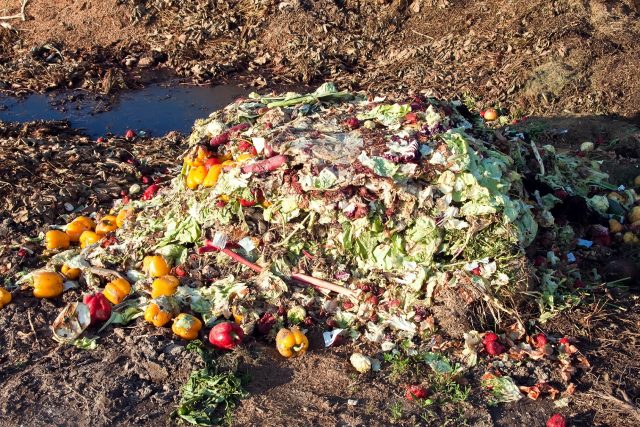How to Reduce Food Waste
Wasting food is a crime, especially when millions go hungry world over…
Over one-third of the food produced globally is either wasted or spoilt. The waste is responsible for at least 20% of the methane emissions which affect climate change substantially. The other side of the coin is that millions of people starve and do not have access to food. We need to balance this equation. The first step to do this is to work on reducing food waste. Read on for some ideas:
Planning ideas
- Keep a notebook and pen handy. Follow the practice of making lists diligently.
- Make lists for meals you plan to cook every week. Once the meals are decided, you can plan your shopping around them and thus avoid overbuying.
- Note down on your shopping list a seasoning ingredient, cereal or pulse, only when it is down to its last quarter in the container. This way you will simply have to refill the container with the said quantity each time and avoid hoarding the excess in several containers.
- Buying in bulk may help save money but be sure to buy only stuff with long shelf lives.
- Fruits and vegetables need to be stored in the proper manner in the refrigerator to help them stay fresh and edible longer.
- Sort out items that need to go into the refrigerator or freezer as soon as you are home from shopping.
- Do not mix overripe fruits with the others as they will spoil the whole lot. Wash berries and grapes just before eating them to prevent rotting.
- It is good to make sure that you are storing raw and cooked foods separately in the refrigerator.
- Use airtight containers for your cereals, pulses, flours and grains. This prevents insect infestation. Store all the containers in the cupboard where it is cool and dry.
- Avoid storing food under the kitchen sink or along with household chemicals.
Ideas for leftover food
- Leftovers are unavoidable but not unpalatable. You can produce a whole new meal with leftovers.
- You can use the leftover food in soups, smoothies or stock. Stale bread can be used to make croutons. There are a whole lot of websites that are dedicated to leftover recipes!
- Leftovers from a restaurant dinner can be taken home and made a part of your menu for the next day.
- You can always have one day’s meal exclusively devoted to leftovers which lets you take a day off from kitchen work too!
Be innovative and come up with your own ideas to reduce food waste. Donate unused food, make a compost of food scraps, be thrifty but not extravagant with food, do whatever it takes to put a stop to this criminal waste. You owe it to yourself and to the environment.














































